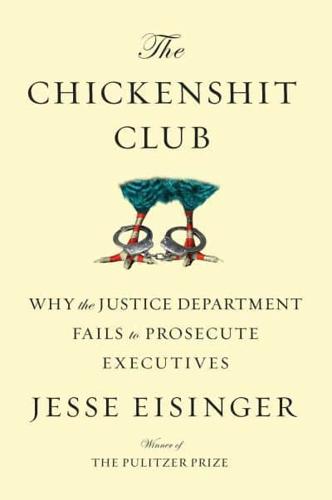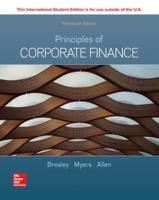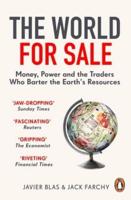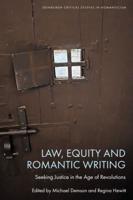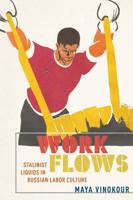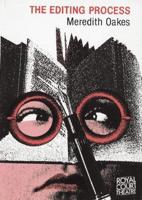Publisher's Synopsis
Winner of the 2018 Excellence in Financial Journalism Award
From Pulitzer Prize-winning journalist Jesse Eisinger, "a fast moving, fly-on-the-wall, disheartening look at the deterioration of the Justice Department and the Securities and Exchange Commission…It is a book of superheroes" (San Franscisco Review of Books).
Why were no bankers put in prison after the financial crisis of 2008? Why do CEOs seem to commit wrongdoing with impunity? The problem goes beyond banks deemed "Too Big to Fail" to almost every large corporation in America-to pharmaceutical companies and auto manufacturers and beyond. The Chickenshit Club-an inside reference to prosecutors too scared of failure and too daunted by legal impediments to do their jobs-explains why in "an absorbing financial history, a monumental work of journalism…a first-rate study of the federal bureaucracy" (Bloomberg Businessweek).
Jesse Eisigner begins the story in the 1970s, when the government pioneered the notion that top corporate executives, not just seedy crooks, could commit heinous crimes and go to prison. He brings us to trading desks on Wall Street, to corporate boardrooms and the offices of prosecutors and FBI agents. These revealing looks provide context for the evolution of the Justice Department's approach to pursuing corporate criminals through the early 2000s and into the Justice Department's approach to pursuing corporate criminals through the early 2000s and into the Justice Department of today, including the prosecutorial fiascos, corporate lobbying, trial losses, and culture shifts that have stripped the government of the will and ability to prosecute top corporate executives.
"Brave and elegant….a fearless reporter…Eisinger's important and profound book takes no prisoners (The Washington Post). Exposing one of the most important scandals of our time, The Chickenshit Club provides a clear, detailed explanation as to how our Justice Department has come to avoid, bungle, and mismanage the fight to bring these alleged criminals to justice. "This book is a wakeup call…a chilling read, and a needed one" (NPR.org).
